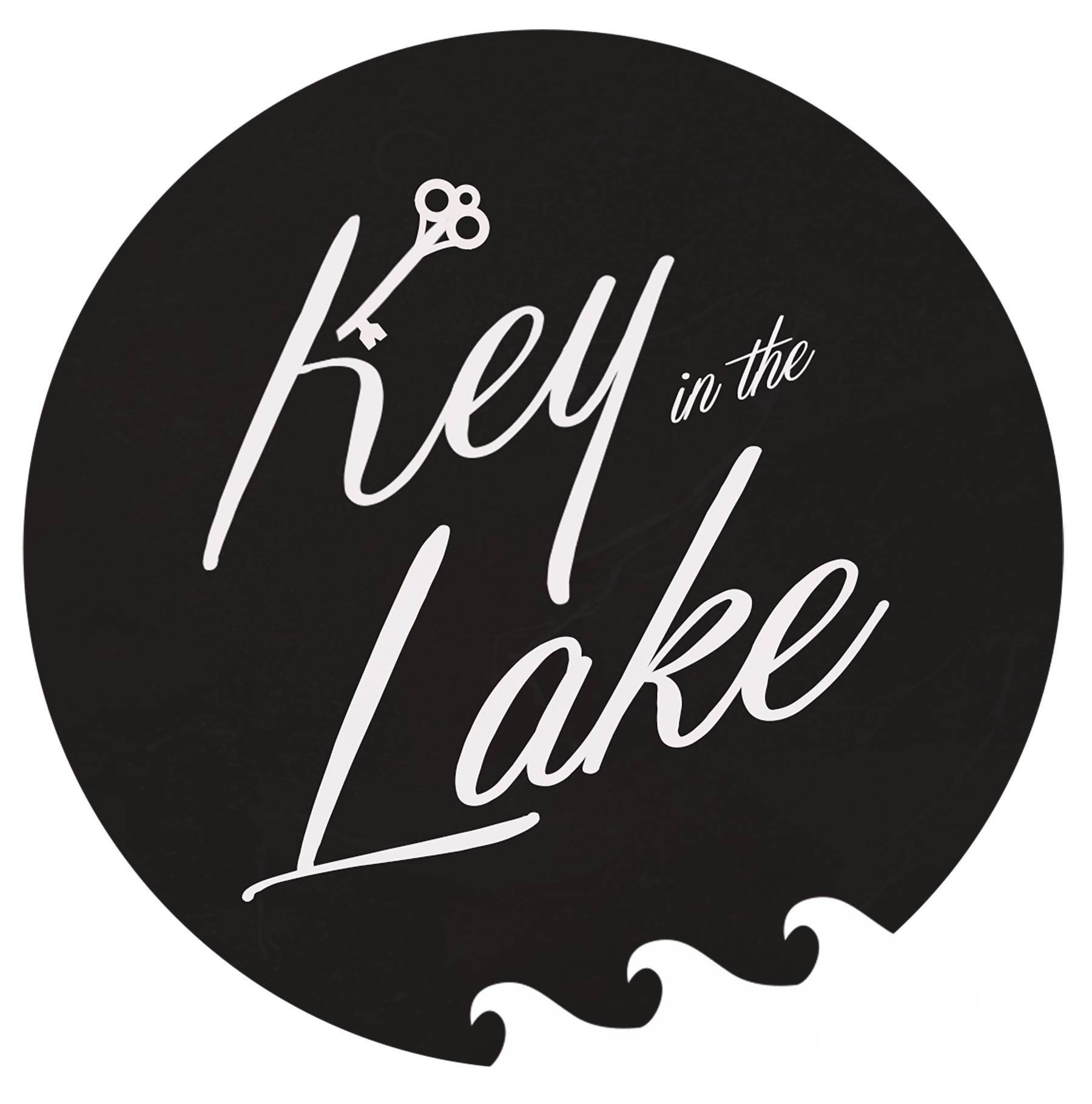The Pond part 1
An empty bottle of Booker’s Bourbon ‘97. Booker autographed and gifted this bottle to my grandfather upon his retirement at Jim Beam.
There’s a plant on the countryside of Kentucky. The property of this plant harbors a pond. A former engineer of the plant used to fish with his grandson at the pond on early summer mornings. This was during an era when a man that went by the name of Booker just hung up his hat as master distiller of the plant. The property was a decade or two away from multi-million dollar renovations, but the charm of the distillery breathed through the harmonious hum of grains transforming into intoxicating spirits.
A malty aroma floated in the sky as the grandson raced to the pond with his fishing pole in one hand and a tackle box in the other. Fish rose in the middle of the pond, distorting the reflection of a beautiful sunrise. The boy steadied his velcro shoes to the edge of the water, and used all of his might to hurl his line towards the fading ripples. He was a young white dog; not yet matured, petulantly casting and restlessly reeling in his line before the fish had any chance to whiff his bait. The boy’s ephemeral style ignorantly faltered from his grandfather’s approach. The old man patiently hooked a worm to his lure and gently casted his line 30 feet into the water. As the bobber steadied in the shallow wake, he rested his pole against a large log on the shore. He let his line sway in the water from a slight breeze, and waited for the fish to come to him.
The boy’s youthful thrill and imprudent handling of the fishing rod reminded the old man of a time when Bourbon flourished… then almost lost its way.
The second great world war was victorious for the allies, and Jim Beam was there to greet the troops when they arrived home. Decades followed with folks exiting the living room cocktail party, and a new era arrived when every gentleman held a Bourbon old-fashioned for a pre-dinner cocktail. Bourbon sales soared through the mid-60s, and the government hailed the whiskey integrally ingrained in American history as our Native Spirt. But like the white dog, unrestrained from following in line with his elder, a new generation was raised through the Vietnam War; they protested against their fervent folks. Consequently, the cocktail bar scene of martinis and Bourbon-forward libations faded like the ripples in the middle of the pond.
The old man asked the boy to the join him by the log. The boy stubbornly plopped through the muddy shoreline, dragging his fishing pole behind him. The popularity of Bourbon didn’t fair much better than that pole during the ‘70s and ‘80s. The distillery could no longer solely rely on the distinctive light, mild tones of their Bourbon. The tastebuds of America were changing. So the aforementioned Booker redefined the company with his private stock of small batch barrels. Professional business educator Marshall Goldsmith said, “If we do not create and control our environment, our environment creates and controls us.”
The boy leaned over the log like a barkeep resting his elbows on the bar as he took drink orders. The old man sidled up to his fishing pole with the ease of an old-time saloon patron sharing a stool with his neighborhood brethren. But instead of singing about the inebriated woes of life; the grandfather spoke about the importance of how hard work, dedication and patience can alter the course of American history.
The two shared the log. The old man shared stories of the plant. He ruminated on rambling up and down steep flights of stairs in the boiler room, fixing pressure vessels and on scrambling through the distillery to check the pressure system of the still. The boy sat with the patience of a pre-prohibition barkeep, pensively listening to his patron. According to the author George Ade, a pre-dry era barkeep had a sorry opinion of drinkers in general. However, this patron truly intrigued the boy.
The boy stooped deeper into the log, listening and waiting for the next story. The pace and vigor his grandfather spoke with made him seem like the most important person working for the distillery. True or not, exploits are exploits, but the truth of an individual’s story is what builds the character of a man. The truth was that old man dedicated each day of work with passion and discipline to never let the Native Spirit sink from the national consciousness.
The young barkeep joined his patron on the other side of the log. The old man’s fishing pole started to bow, but neither he or his grandson noticed. The boy looked back at his grandfather’s place of work. The old man continued his stories as the boy wondered with curiosity of the greatness that happened inside of the plant.

